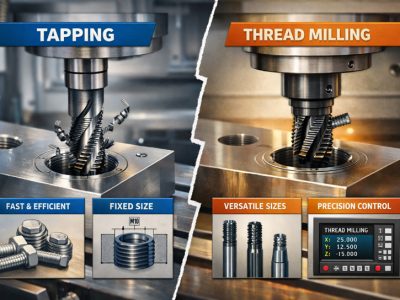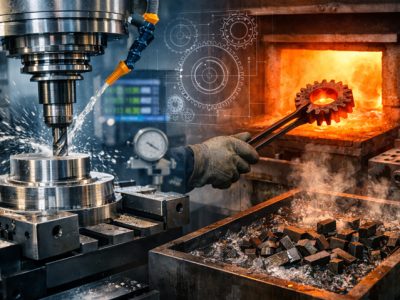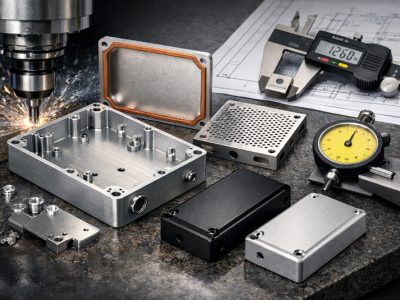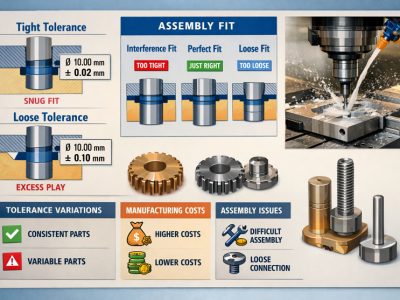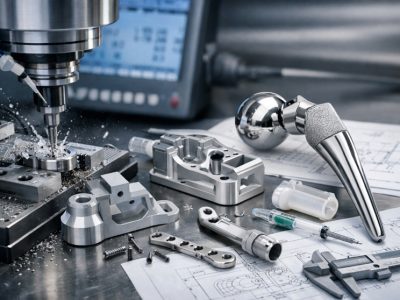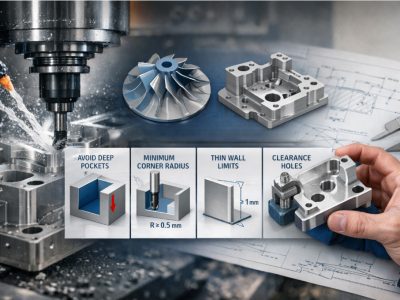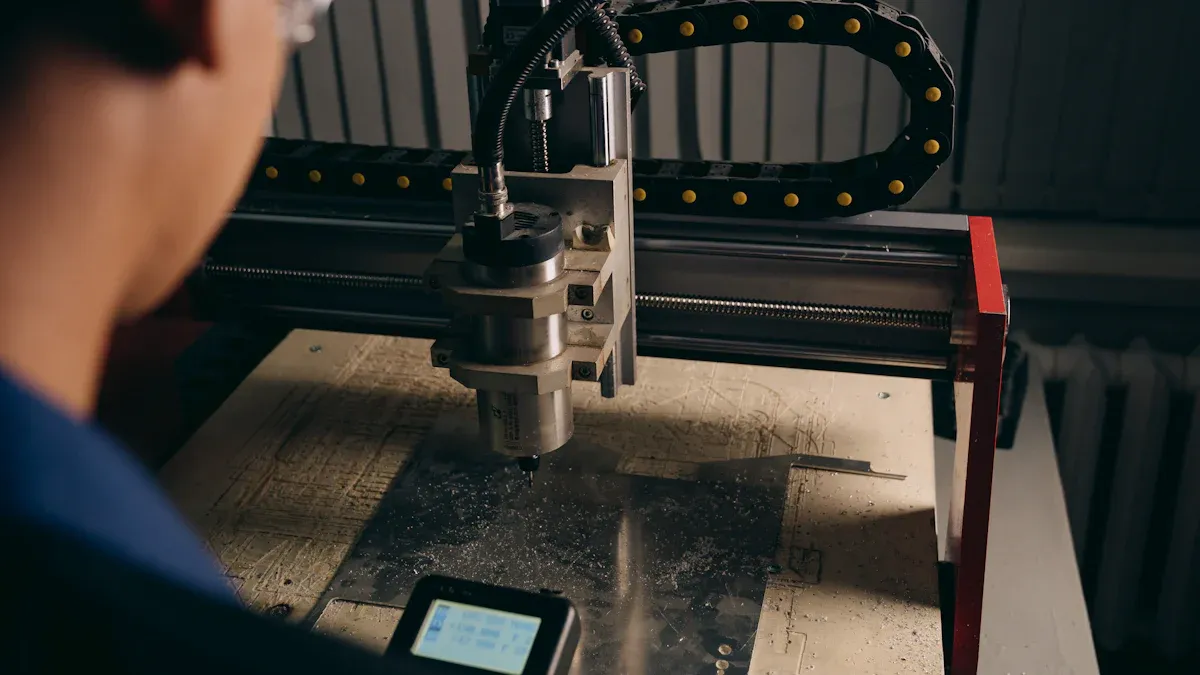
Training CNC machine skills is crucial for success in today's manufacturing landscape. Many industries require skilled workers to operate CNC machines and produce precise parts.
The CNC machine market is projected to expand by 44%, reaching $35 billion by 2026. Despite this growth, companies face challenges in finding trained workers. For instance, Connecticut has between 8,000 to 10,000 open machining positions. Additionally, 40% of companies report difficulties in locating workers with the necessary skills.
Engaging in training for CNC machines helps bridge this skills gap. It also equips you with the expertise needed to fulfill industry demands. By mastering CNC operations, you can advance your career in a sector abundant with job opportunities and avenues for professional development.
Key Takeaways
Learn key skills like coding and reading blueprints for CNC work.
Get certified to find better jobs and earn more money in CNC.
Keep learning and ask experts for help to learn new tools.
Build good communication and teamwork skills to succeed in factories.
Pick a certification program that matches your career plans to grow.
Essential Skills for CNC Machining
Technical Skills for CNC Machinists
To be good at CNC machining, you need technical skills. These include knowing how machines work, programming them, and reading blueprints. These skills help you make accurate parts. Tools like Coordinate Measuring Machines (CMMs) and Statistical Process Control (SPC) improve precision.
Evidence Type | Description |
|---|---|
Precision Engineering | Using CMMs and SPC reduces mistakes in production. |
Statistical Tools | Control charts lower process changes and errors. |
Cpk Value | Higher Cpk means better accuracy and CNC skill. |
Big companies like GE Aviation use smart maintenance systems. These systems cut repair costs by up to 30%. This shows how CNC skills improve production and save money.
Analytical and Problem-Solving Abilities
CNC work often needs fixing problems and improving processes. You need to think critically and solve issues fast. Tools like Scops.ai's VS-23 Vibration Sensors help reduce machine downtime by 40%. These sensors find early signs of wear, preventing big repairs.
Other tools, like cloud analytics and AI diagnostics, track machines in real time. This helps fix problems before they happen, keeping work smooth. By improving problem-solving skills, you make manufacturing faster and more reliable.
Soft Skills for Effective Communication and Teamwork
Besides technical skills, soft skills are important for CNC machinists. Good communication helps you work well with others and solve problems. Explaining hard ideas in simple ways makes teamwork easier.
Teamwork is key in factories. You work with engineers, designers, and quality experts. Being friendly and helpful boosts teamwork and productivity. These soft skills make you a better worker and a valuable team member.
Certification Paths in Training CNC Machine
Types of CNC Certifications
CNC certifications prove your skills and make you stand out. There are different types for beginners and experts. Beginners can start with entry-level certifications like NIMS CNC Operator Certification. These teach basic skills like setting up machines, programming, and safety rules.
Experienced machinists can earn advanced certifications for specialized tasks. These include multi-axis machining or using CAD/CAM software. Advanced certifications show you can handle complex jobs and high-tech tools. Some programs, like those at Brooklyn Navy Yard, follow industry standards. No matter your level, there’s a certification to match your goals.
Benefits of Certification for Career Growth
Getting certified helps your career grow faster. Certified workers often earn more money and have stable jobs. Manufacturing plans to add 3.5 million jobs by 2025, needing skilled workers. Certifications help you stand out in this busy field.
Training programs also speed up your move into the workforce. For example:
CNC training teaches advanced skills like CAD/CAM software.
Mentors guide you during certification prep to finish faster.
Certifications prove your skills, helping you get promotions and leadership roles.
Employers like certifications because they improve production quality. By earning one, you grow your skills and help your workplace run better.
Choosing the Right Certification Program
Picking the right certification program is important for your career. Find programs that match your skills and goals. Some offer step-by-step certifications, letting you earn them as you complete courses. This makes learning flexible and builds your knowledge gradually.
Look for programs with training designed for specific industries. For example:
Goal | Description |
|---|---|
Clear Pathway | Pick programs with clear steps and multiple levels. |
Segmented Certifications | Choose courses that give certificates after each part. |
Customized Training | Find training that fits your shop’s needs for better work quality. |
Use of Video | Programs with videos make learning easier and faster. |
Simplified Access | Platforms should be easy to use for tracking progress. |
Over the years, CNC technology has grown, increasing demand for certified workers. As manual work is replaced by machines, certifications keep you up-to-date. Choosing the right program helps you succeed long-term in CNC machining. Certifications prove your skills and give you a clear path to career growth.
Professional Development in CNC Machining
Continuous Learning and Skill Enhancement
To stay skilled in CNC machining, keep learning new things. Technology changes fast, so your skills must improve too. Employers like workers who learn quickly and grow their abilities. Technical skills now become outdated faster, so learning is very important.
Companies help by offering special training and working with schools. These programs teach new skills and prepare you for harder jobs.
Description | |
|---|---|
Labor Shortage | Many workers are retiring, leaving fewer skilled people. |
Automation's Role | Machines help fill skill gaps and improve work. |
Future Skills Demand | More skilled workers are needed, making learning important. |
You can learn more by joining forums, going to conferences, or reading industry news. These activities teach you about new ideas and tools.
Mentorship and Networking in the CNC Industry
Mentors are helpful for learning and growing your career. Experienced workers can teach you how to solve problems and get better at your job. Mentorship programs help new workers stay longer, improving retention by 15%.
Outcome | Description |
|---|---|
Retention Rate Improvement | Mentorship programs help new workers stay longer. |
Networking is also important for your career. Meeting people in your field can lead to new chances. You can join CNC groups, go to trade shows, or talk in online forums. These connections give advice and help you grow in your job.
Strategies for Career Advancement
Planning ahead helps you move up in your CNC career. Performance reviews show where you can improve and help set goals. Workers who use reviews grow 37% faster than others.
Evidence Description | Statistic/Percentage |
|---|---|
Using performance reviews helps workers grow faster. | 37% faster |
Leaders say technical skills and teamwork are key for promotions. | 78% important |
Learning new technology leads to more leadership roles. | 62% more likely |
Workers with both technical and leadership skills earn more money. | 15-25% higher pay |
Good networks lead to more promotions and job offers. | 47% more promotions, 38% more offers |
Learning leadership skills along with technical ones helps you get promoted. Building strong networks also leads to more job opportunities and promotions.
Keeping up with professional development helps you stay successful. Programs made for industry needs work well, with 82% of people saying they help careers.
By learning new skills, finding mentors, and planning your career, you can succeed in CNC machining for a long time.
Learning key skills, earning certifications, and growing professionally are important for CNC machining success. Employers look for workers with good technical skills, strong work habits, and careful attention to detail.
Skill Type | Importance Level |
|---|---|
Knowing How Machines Work | High |
Fixing Problems | High |
Being Careful | High |
Hardworking | Very High |
Being On Time | Very High |
Taking steps to improve can help your career grow. Join CNC training programs to learn useful skills. Studies show industries using CNC machines work faster and invest more money. Getting certifications and learning from mentors builds both technical and teamwork skills. This can lead to better jobs. Companies with training programs keep workers longer and make more money, showing how learning helps.
Begin today by finding training, earning certifications, and getting a mentor. These actions will help you succeed in CNC machining.
FAQ
How can I start learning CNC machining?
Begin with beginner-friendly CNC training programs. These teach basic machine use, reading blueprints, and safety rules. Many online classes and local schools offer flexible options for new learners.
How long does it take to learn CNC machining?
The time depends on how fast you learn and your program. Most courses take 6-12 months. Hands-on practice and certifications can help you learn faster.
Is a certification needed to work as a CNC machinist?
Certifications are not always required but make finding jobs easier. Employers like certified workers because they show proven skills. Certifications like NIMS or Mastercam are popular in the industry.
What tools or software should I know for CNC machining?
Learn CAD/CAM software like AutoCAD, SolidWorks, or Mastercam. Also, use tools like Coordinate Measuring Machines (CMMs) and Statistical Process Control (SPC) for accuracy and quality.
Can CNC machining help me grow my career?
Yes, CNC machining has many chances for growth. With experience and certifications, you can become a programmer, supervisor, or quality expert. Learning more and meeting people in the field also helps your career.
 LKprototype
LKprototype

